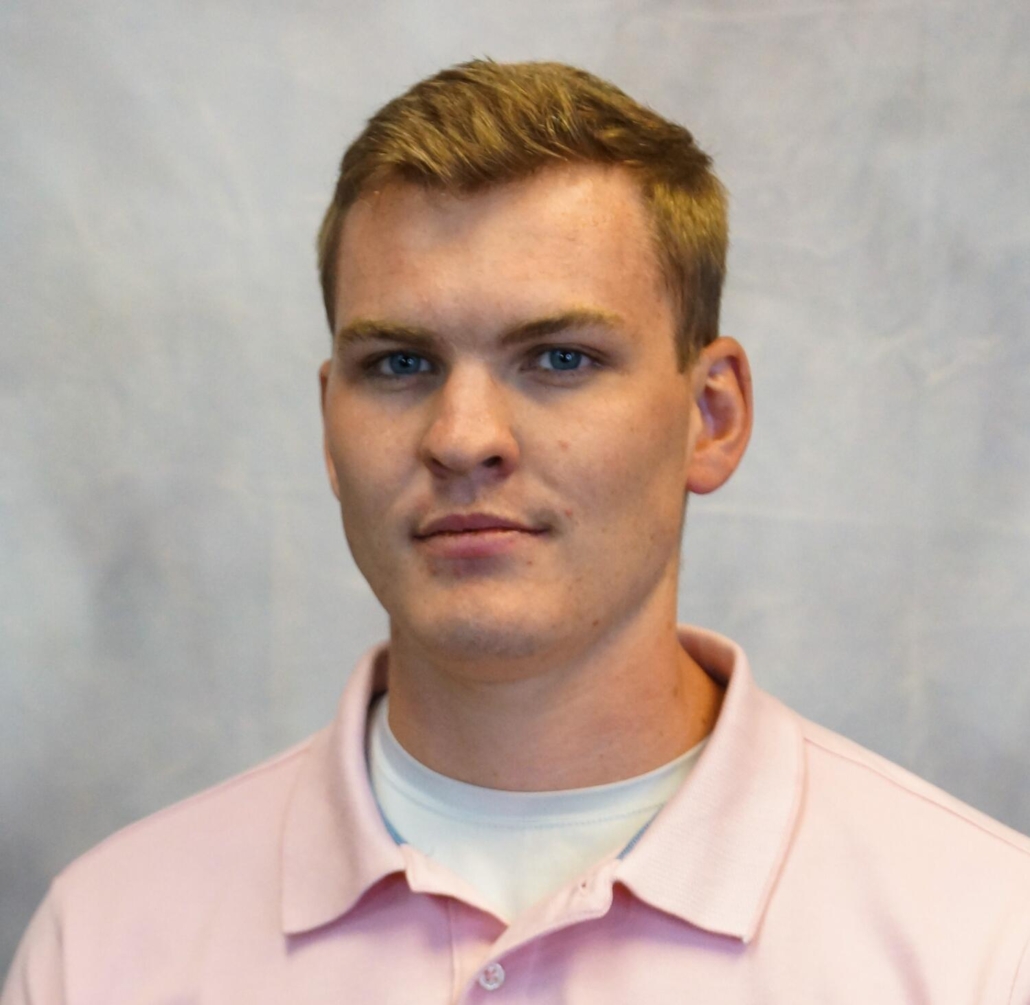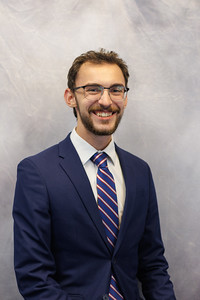A Day in the Living Education-Charlotte Program
Estimated Reading Time: 5 min.
Are you curious what a day in the Living Education-Charlotte program is really like?
This post is going to explore an “average” day—not a day with an activity or something exceptional going on. Why? Because a lot of thought has gone into creating a routine that encourages students to take care of themselves, learn, work, and even to have fun—and, to do this even on a “boring” and “average” day. Even if the program doesn’t interest you or is not practical for you to attend, this post is still useful as it highlights principles and actions that can be applied in anyone’s lives.
Wake Up and Go!
No day really begins until you wake up, even in the LivingEd program—although word is that Mr. McNair is coming up with some assignments for the students to do while sleeping. The students have to be at the classroom (about a 15 minute drive away) by 8:15, but a lot of preparation needs to happen before they leave, so they have to get up early! The students are encouraged to keep their beds made and their room clean—there are dorm inspections once a week to ensure the houses are in tip-top shape—and they have to be well-groomed and in dressy casual clothes for classes and work. On top of this, preparing breakfast and lunch is encouraged to save money and improve the quality of meals. Students get up at the latest of 7 am (unless they forget to set their alarms), and many are up earlier than this. While this time of the day is not exactly anyone’s favorite, making a routine that promotes good habits is critical for being productive.
Classes Every Day
Every day, our classes begin at 8:30 and go all the way to 12:30. Each class period is 55 minutes, allowing for four class periods every morning. With classes on all five days of the week, the 9-month program gets as much quality class time in as possible without being overwhelming. Three days a week—Mondays, Wednesdays, and Fridays—the program features fundamental classes on doctrine, surveying the Bible, and Christian living. On Tuesday, there is a music class (from a Christian perspective) and a writing workshop to help students develop writing and musical ability. On Thursday, the students have a class on personal finance, speech, and applying the fruit of the spirit in life. On both Tuesday and Thursday, the curriculum has one class period devoted to presentations from ministers at Charlotte and in the field. With this structure, we learn the fundamentals of biblical truth, develop musical and public speaking skills, and even get practical life advice from true followers of God’s way of life.
Work-Study Program
The students have the chance to work for the Church from 1:30 to 5:30. We get to work in a positive and Christian environment, allowing us to get to know the people behind the work a little bit better and to help out ourselves. The students can also get some unique job experiences. For instance, the Living Education department has students write forum summaries and Student Life posts (like this one) in addition to other intricate tasks. The Editorial department even lets some transcribe sermons. And there are more positions with more possibilities than just these available, but I am too lazy to talk to people about the details (and it’s not part of my average day anyway).
Evening
The “average day” so far has included four hours of class and four hours of work. But our day is not over yet. Once the students head home, we are encouraged to cook ourselves dinner to save money and to be healthy—some of us (me) don’t always do that, though. But it is not all work and grinding. After class on some days, we get together in the evening and watch a movie, play games, and do homework together. Other days, we simply collapse into a blob of animate matter and sleep. But even being exhausted is good because it means we had a productive and long day, and the average evening is quite eventful with some studying or fun going on for whomever wants to join in.
Takeaways
The LivingEd program gives four hours of instruction, four hours building experience working and applying God’s word in a workspace, and free-time to build quality habits and have fun. And this is just an average day! This everyday flow is meant to reinforce a foundation of godly knowledge and habits that will serve the graduates for the rest of their lives. And, it’s also just pretty fun to be in.

Kaleb Johnson is a student in the Living Education-Charlotte Program. He graduated with a degree in Chemical Engineering from the University of Alabama in Huntsville in the spring of 2022. In addition, Kaleb enjoys writing, video-making, trying new activities (anything and everything), playing chess, and debating (it’s not arguing!) with people. He currently works in the Living Education department producing written content & videos and helping with a variety of other projects.

